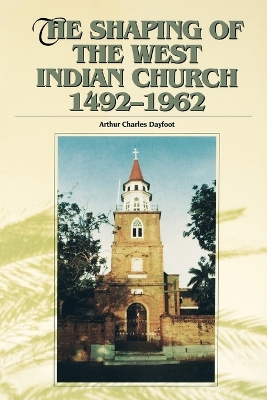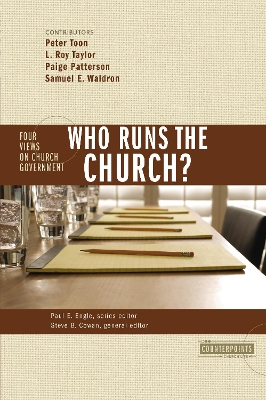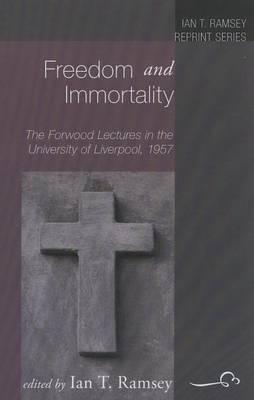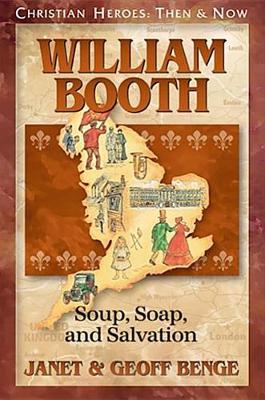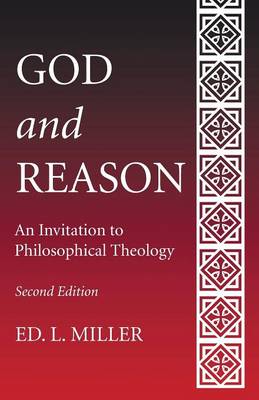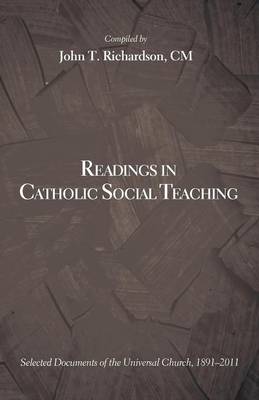The Source of Human Good (AAR Texts & Translations S.)
by Henry N Wieman
This is a facsimile edition of a 1946 work of the American pragmatic theologian Henry Nelson Wieman (1884-1975). For Wieman, science and technology represent great power for good and evil, and they must be directed toward the service of that force which creates, sustains, and fulfills human life. But as long as this force is portrayed in supernaturalist terms, as the God who is wholly transcendent of the world, its actual operation in human life is beyond the reach of inquiry. For science to ser...
Holiness in Israel (Overtures to Biblical Theology) (Overtures to Biblical Theology S.)
by John G Gammie
Protestantism after 500 Years
The world stands before a landmark date: October 31, 2017, the quincentennial of the Protestant Reformation. Countries, social movements, churches, universities, seminaries, and other institutions shaped by Protestantism face a daunting question: how should the Reformation be commemorated 500 years after the fact? Protestantism has been credited for restoring essential Christian truth, blamed for disastrous church divisions, and invoked as the cause of modern liberalism, capitalism, democracy, i...
Mennonite Identity in Conflict (Studies in religion & society, #19)
by Leo Driedger
A comprehensive description of how evangelicals in Northern Ireland interpreted the 'Troubles' (1966 - 2007) in the light of biblical wisdom. The rich and diverse landscape of Northern Irish evangelicalism during the 'Troubles' is ideally suited to this study of both the light and dark sides of apocalyptic eschatology. Searle demonstrates how the notion of apocalypse shaped evangelical and fundamentalist interpretations of the turbulent events that characterized this dark yet fascinating period...
The Shaping of the West Indian Church 1492-1962
by Arthur Charles Dayfoot
Who Runs the Church? (Counterpoints: Church Life)
Churches have split and denominations have formed over the issue of church government. While many Christians can explain their church's form of rule or defend it because of its "tried and true" traditions, few people understand their church's administrative customs from a biblical perspective. Who Runs the Church? explores questions such as: What model for governing the church does the Bible provide, and is such a model given for practical or spiritual reasons? Is there room for different metho...
Like the Bishop of Durham's well-known Religious Language, this book was first published in the to5os, well ahead of its time. In six lectures, Dr Ramsey takes together the two key ideas in the Christian understanding of man indicated by the title, and shows in discussing them that many of the common objections to claims of freedom and talk of immortality are in fact misconceptions, 'logical howlers'. `This is a book which should be compulsory reading in theological colleges', wrote Theology whe...
William Booth (Christian Heroes: Then & Now S.) (Christian Heroes: Then & Now)
by Janet Benge and Geoff Benge
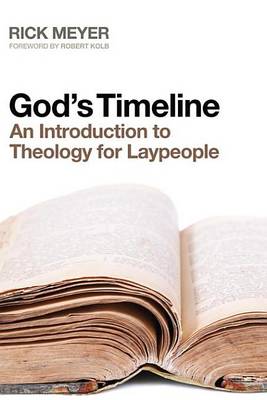
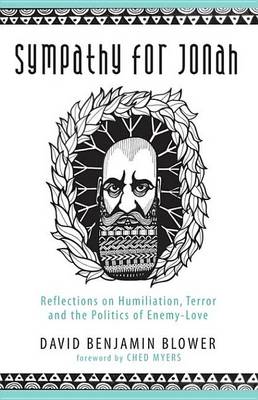

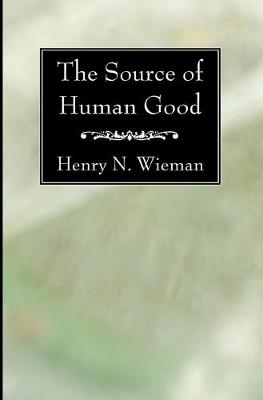
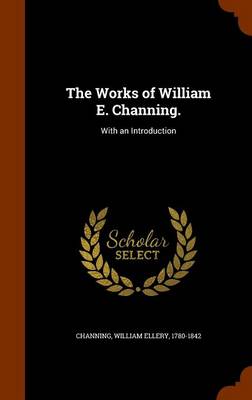
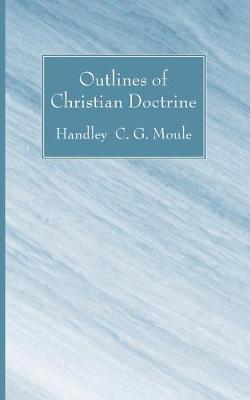
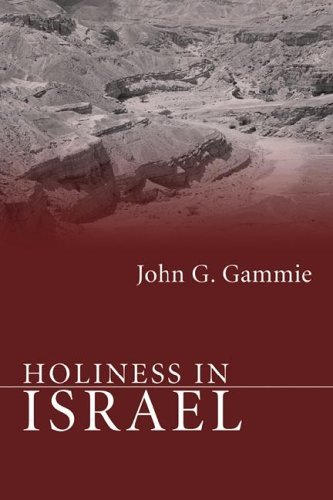

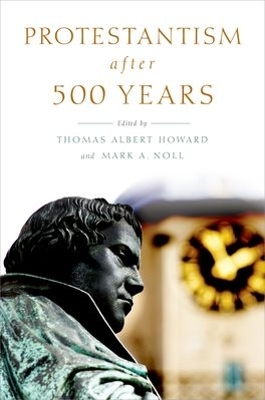
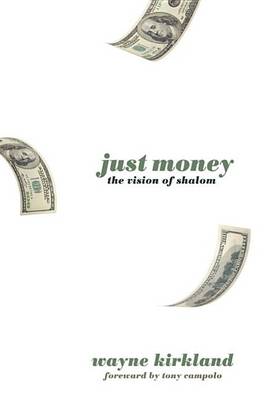
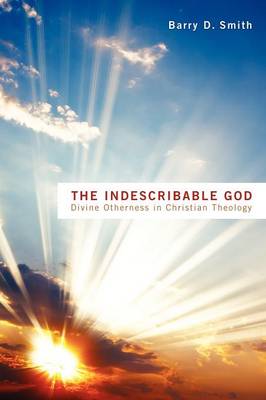
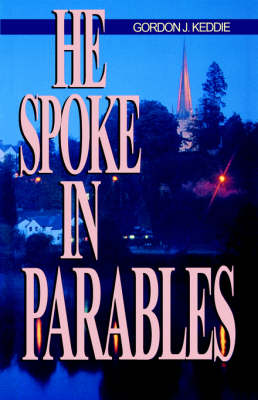
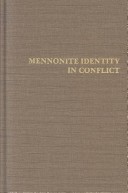
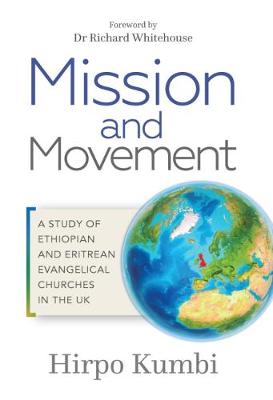
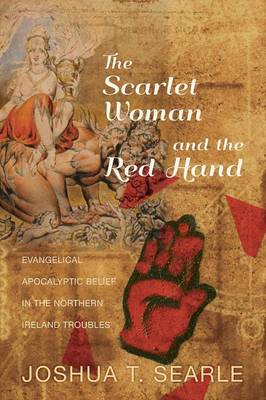
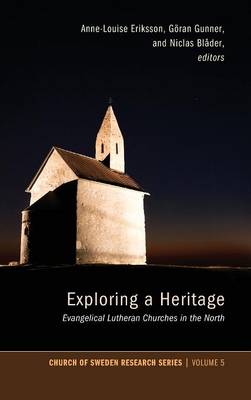
![Cover of A Journal or Historical Account of the Life, Travels, Sufferings, Christian Experiences and Labour of Love in the Work of the Ministry of George Fox. Vol. 1 [The Only Volume].](https://images.bookhype.com/covers/3c/d3/91575a5d-0b71-4ce9-905d-8c8e6e253dc3/9781150201547-b0d948049e123fdba19990.jpg)
